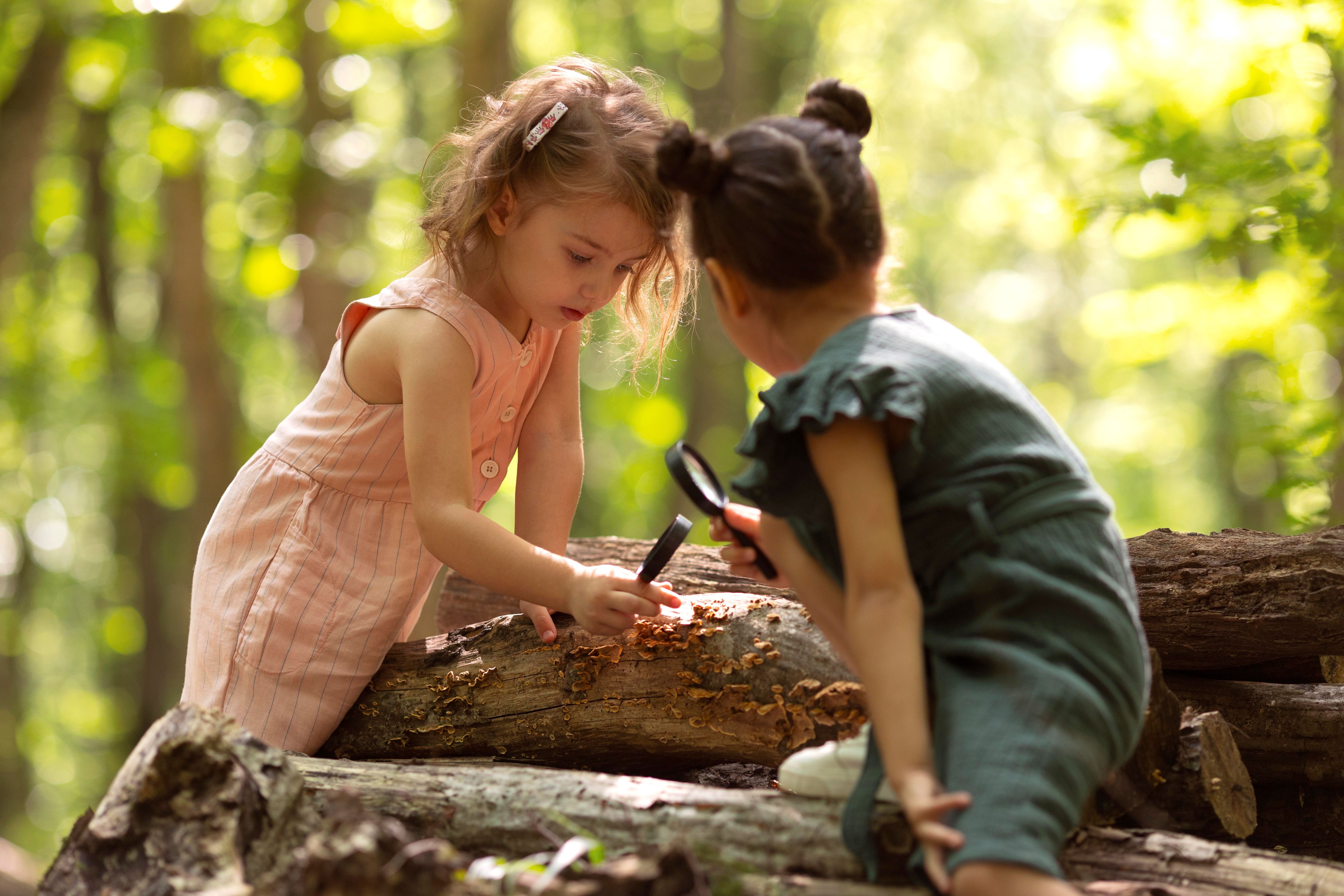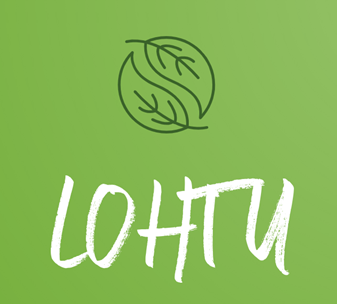In autumn 2024, Laurea UAS arranged a sustainability-oriented further education course LOHTU (6 ECTS) that focused on nature-based wellbeing, emotional skills development, and Inner Development Goals (IDGs) for inner transformation. Sustainability competences are essential skills for all teachers and educators in both ECEC (Early Childhood Education and Care) and in primary schools. However, teaching outer sustainability needs to be paired with inner sustainability and transformative skills education, preferably and when possible, in nature settings. This short article describes the LOHTU course format.

Photo by Freepik
Sustainability education with the support of the Finnish National Agency for Education
Years ago, when having a conversation with a daycare unit director on child protection, this director emphasized how child protection must start already in daycare to be effective. If addressed only later in school, it will be too late. One might say this is true also in terms of sustainability, or green skills education. Learning sustainable and resilient lifestyle, with inner competences, emotional skills, and a deeper connection with nature, needs to start already in ECEC.
In Finland, the Finnish National Agency for Education (Opetushallitus, OPH) has actively supported further education of, for example, teachers and carers in early childhood education and in primary schools, and also Laurea UAS has arranged, with the OPH support, many further education courses for these target groups, varying topically from digital skills advancement to inclusive creative methods and mental health promotion, to mention but a few. With such support, Laurea also arranged a sustainability-oriented further education course LOHTU in autumn 2024.
Laurea further education course LOHTU for holistic sustainability competence development
Laurea LOHTU course (LOHTU meaning comfort, solace, consolation, and sympathy) focused on nature-based wellbeing, emotional skills development, and Inner Development Goals (IDGs) for inner transformation. The target group of LOHTU consisted of early childhood educators, teachers (for 1st and 2nd graders) as well as afternoon activity supervisors. All in all, 80 attendees enrolled for LOHTU. As an online course, using Canvas and Zoom, it was possible for the participants to join digitally from different parts of Finland.
The idea of LOHTU was to provide the participants with knowledge and competences related to holistic sustainable development, the wellbeing effects of nature, and emotional skills. Course attendees also received practical tools and tips for applying inner sustainable development with the IDGs in their own work. In this way, LOHTU supported teachers’ and educators’ overall wellbeing and resilience competence as well as nature connection. LOHTU Laurea Team consisted of three Senior Lecturers: Riikka Kanervo, Annika Kultavirta and Tiina Wikström.
LOHTU webinars for transformative inner development
The structure of LOHTU included a kick-off and a final seminar, with guest speakers on LOHTU themes, as well as five webinars, based on the five IDG dimensions of Being, Thinking, Relating, Collaborating and Acting. Each of these five dimensions, as visualized below in Picture 1., include several skills that form a mosaic of 23 competences, such as Inner Compass, Presence, Complexity Awareness, Sense-Making, Empathy and Compassion, Connectedness, Co-creation Skills, Creativity, Optimism and Perseverance. These skills form the inner basis for our collective abilities to deal with the complex sustainability challenges of today’s polycrisis.

Picture 1. Inner Development Goals with five dimensions and 23 skills. IDG Initiative.
Each of the LOHTU webinars, focusing on one of the IDG dimensions, consisted of a 2-hour session with a deep relaxation moment as well as a more theoretical part on Being, Thinking, Relating, Collaborating or Acting, followed by group discussions and activities as well as sharing “home inspiration tasks”. As the final group task for the LOHTU course included planning of a sustainability week at one’s working place, time was also reserved for such co-creative activities.
Some of the LOHTU webinar activities included for example:
- Relaxation moments with 5 IDG dimensions
- Inner Compass with Own Key Values
- Self-Compassion Test and Practice
- Where Am I Most Present?
- Identity Practice (Tree / Animal / Flower / Book / Painting etc.)
- Fibonacci in Nature / Spiderweb Thinking
- Mandala of My Life
- Vision Board Practice
- Appreciation Diary
- My Intergenerational Tribal Village etc.
In all the activities, the element of nature was strongly included, and the inner and outer sustainability competence development, benefitting both individuals and their community, was emphasized. The idea was that participants could apply all the practices in their own working environment as well as in their personal lives. Additionally, the course participants got access to LOHTU Canvas library with comprehensive data, articles, research, visual and audiovisual materials on, for example, UN-based Agenda2030 and 17 sustainable development goals, nature’s benefits, work wellbeing and emotional skills development.
Once completed by the end of 2024, all the LOHTU materials produced by the course attendees will be openly available in 2025 via Library of Open Educational Resources.
Conclusion
The eagerness of LOHTU participants to engage in the given activities as well as the fact that the course was fully booked in just few days shows there is an increasing need to provide teachers and educators with comprehensive and holistic further education on sustainability-related themes of green skills, inner development goals and transformative competences, without forgetting the need for personal work wellbeing, nature relationship and future resilience.

Picture 2. LOHTU logo. Creator: Tiina Wikström.


Sources